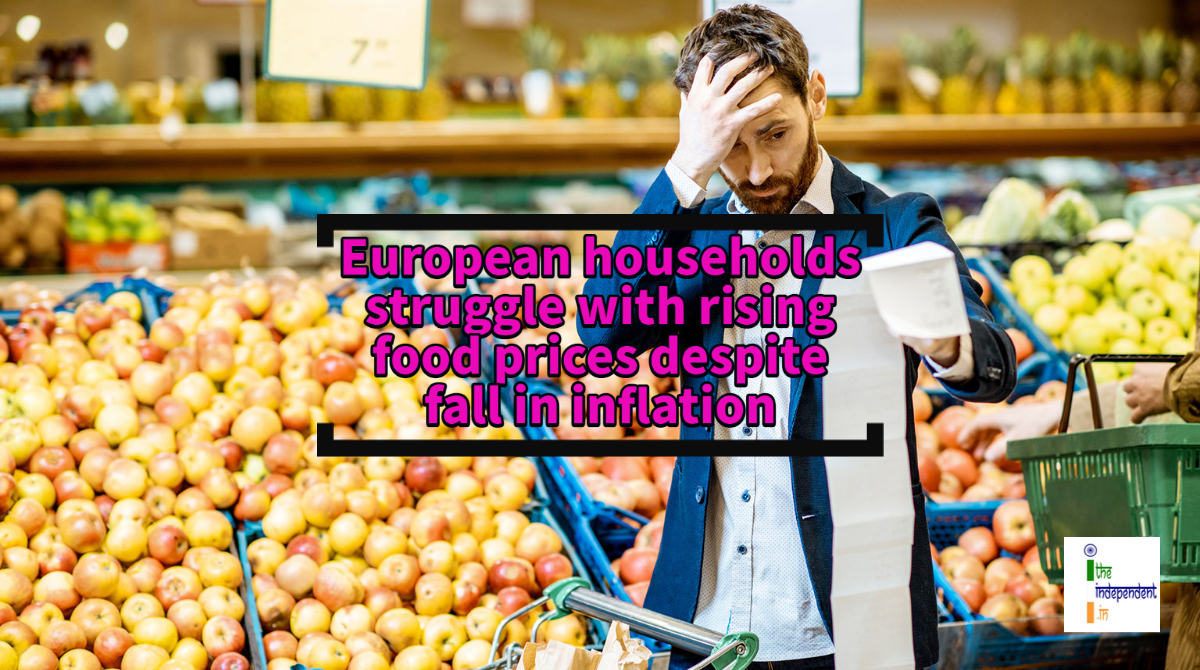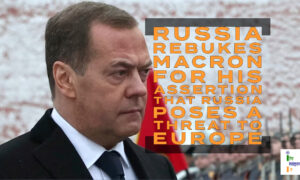
The fight against Europe’s biggest cost-of-living crisis in a generation is far from over, and food is the latest flashpoint
People across Europe are struggling with one of the worst cost of living crisis since World War II, with food prices continuously rising, despite inflation falling almost as quickly as it rose.
The real incomes fell by 6.5% between 2020 and 2022 in the Eurozone due to surges in energy and food costs. This was majorly driven by Brexit, Coronavirus (COVID-19) and Russia’s invasion of Ukraine. By the end of 2024, they are believed to remain 6% below 2020 levels, according to the analysis.
The recent fall in inflation eases the pressure on policymakers at the European Central Bank, who increased interest rates aggressively throughout 2022 to combat price pressures and are expected to slow the pace of monetary tightening when they meet later this week.
Speaking on the occasion, the General Secretary of the European Trade Union Confederation – Esther Lynch said, “Any easing of inflation is good news for working people but we’re still far from the end of this crisis. With wages so far behind the cost of living for so long, pay rises are still needed to restore lost purchasing power, especially in those companies which have made record profits.”
Poorer people, who spend a bigger chunk of their income on essentials, have been most affected by the rise in prices. They will continue to feel the squeeze hardest, with food costs continuing to soar even as energy prices fall. In the European Union (E.U.), food costs rose by 19.5% in the year to March 2023, the highest rate since Eurostat started collecting such data in 1997.
In Poland, Portugal and the Baltic States, the costs have surged even more. The prices of some staples such as cooking oil and eggs have risen more than 30% within the bloc in the year to March 2023. However, some Governments are trying to reduce the impact of rising food prices. France has struck a deal with supermarkets to offer cut-price offers on staples. Croatia has capped the price of 8 essentials from milk to chicken. Portugal has joined Spain and Poland in slashing food taxes.
Outside E.U. in the United Kingdom (U.K.), the Office for Budget Responsibility estimates that the period from the spring of 2022 to the spring of 2024 will mark the steepest decline in people’s real disposable incomes since records began in the 1950s. The official cap on British households’ energy costs is set to fall to £ 2,200 by the end of 2023 from more than £ 3,280, reflecting a drop in the European wholesale gas price from its peak in August 2022. But this level would still be double the figure for 2020.
According to the forecasts by a global macroeconomic survey firm – Consensus Economics, the headline rate of price growth in both the Eurozone and the U.K. is not expected to return to the 2% level the ECB and the Bank of England target until next year.







